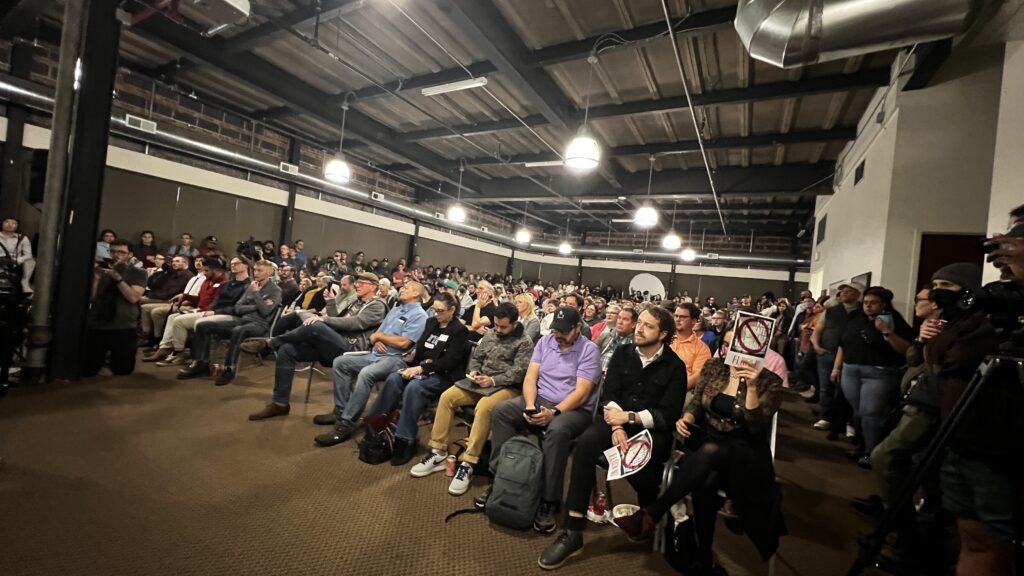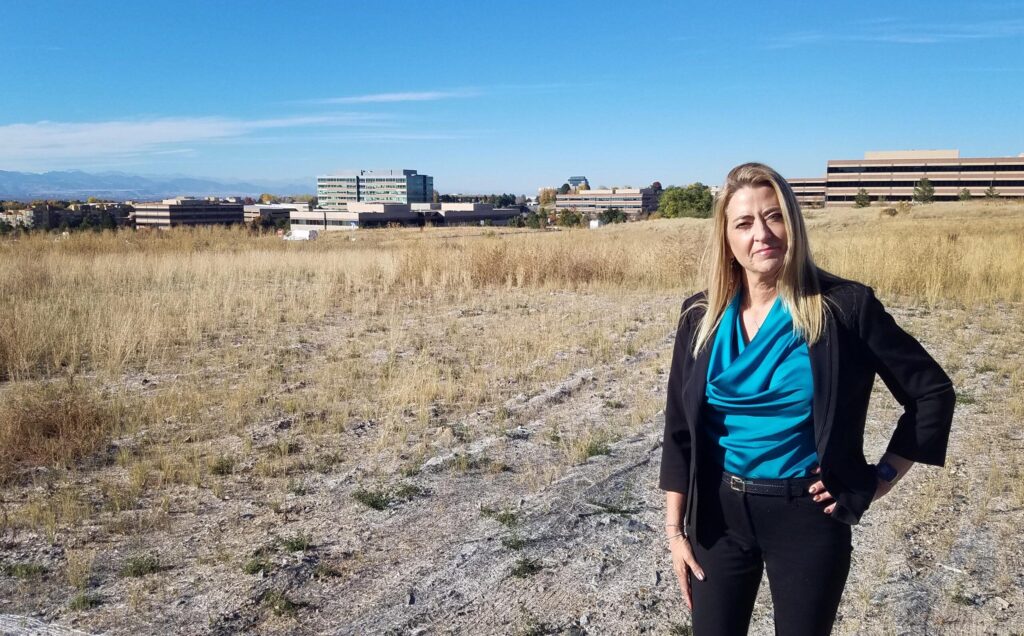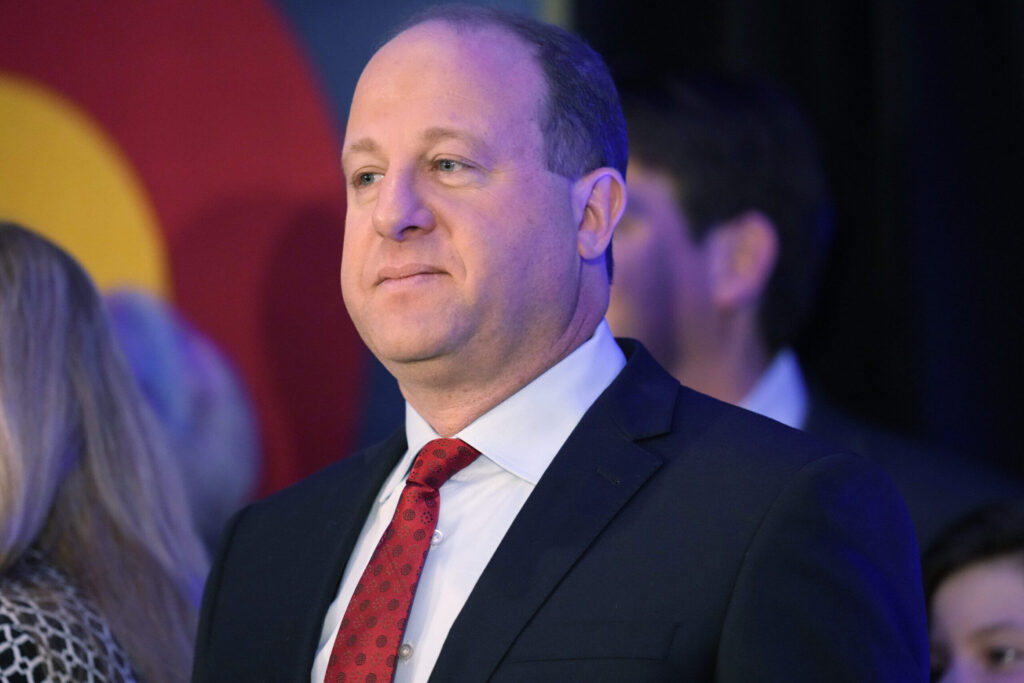Council panel insists on more robust discussion on Denver’s Flock dealings

A Denver City Council committee has called for members of the city’s Surveillance Technology Task Force to have more input not only into Mayor Mike Johnston’s dealings with license plate reading camera vendors, but with all city surveillance technology and the policies that governs it it.
The meeting comes on the heels of a recent announcement from Johnston’s office that the city had entered into a “no-cost five-month” trial contract with Flock Safety under several stipulations, notably locking down access to data gathered by the city’s 111 ALPR cameras and imposing a $100,000 per incident fine to the vendor for any data leaks outside of the city’s own law enforcement agencies.
The announcement drew close to 700 people to a community town hall to criticize the mayor’s decision, which Johnston adopted despite the City Council’s wishes not to extend the contract with Flock.
Critics, including the ACLU and some members of the Denver City Council, have pushed back on the city’s use of the technology, citing overreach and alleging misuse of the imagery and data captured.
Supporters said police agencies have begun to look to technology to help fill critical gaps and clear cases, often referring to the camera system as a “force multiplier,” a military term that refers to a resource that enhances a unit’s combat power beyond what its raw troop numbers and capacities may suggest. The Denver police have credited the notable reduction in auto theft to the city’s network of license plate reading cameras, while Douglas County Sheriff Darren Weekly said tools like Flock “are force multipliers that allow us to fight crime proactively and effectively.”
The task force, which met for the first time in August, was established to provide guidance to the city on the use of AI and surveillance technologies, including license plate readers (LPRs) like Flock cameras.
Members of the Health and Safety Committee posed questions on Wednesday to Denver Police Department Chief Ron Thomas and to Johnston’s policy director, Tim Hoffman, seeking clarification on several aspects of the city’s use of surveillance technology, including vendor risk evaluation and assessment.
“I think, as evidenced by the last week and some of the discussions that have taken place, this is a really hot button issue, and understandably so,” Johnston’s policy director, Tim Hoffman, told members of the Health and Safety Committee on Wednesday. “I think that when you are at a point in time in the country where the federal government is acting in the way it’s acting, people at the local level are understandably and legitimately concerned and scared.”

Councilmember Serena Gonzales-Gutierrez, who sits on the task force, said she is frustrated with the fact that the task force assembled a group of subject matter experts on all sides of the issue to “mitigate concerns” — only to find that a decision had been made in a “closed-room conversation.”
When ALPRs were first introduced in Denver, Councilmember Paul Kashmann said the idea was framed around reducing car thefts and public notifications such as Amber Alerts.
“There was absolutely no mention of a national network of any sort, and that lack of transparency continues through today,” Kashmann said. “I’m as frustrated with this process as any process I’ve been involved with in 10 years. I fully believe these cameras can provide great assistance in crime-solving, but I’m getting the feeling that there’s an attempt to minimize the dangers that the Flock system carries.”
Thomas argued that the technology is a critical public-safety tool that helped address the city’s auto theft problem, which at one time was among the highest in the nation.
He said Flock cameras have also been credited with helping address other crime challenges, such as homicide.
Councilmember Amanda Sawyer said she supports the license plate-reading camera but added that she’s not “married to Flock.”
“I don’t care what ALPR technology company we use,” Sawyer said. “ALPR technology itself has been an extraordinary asset for the city of Denver in closing the gap between the number of officers we have and the number of officers that we would need to have to do this work and achieve those same results in District Five.”
“Flock is the tip of the iceberg,” Sawyer said. “If you carry a cell phone, you should be way more concerned about the information your cell phone is providing to apps than you are about Flock.”
Other questions from the committee focused on data audit policies, searches, whether Flock uses data stored during the 30-day retention period to train artificial intelligence models, and whether the data can be subpoenaed by the federal government.
Gonzales-Gutierrez called for more “transparency and understanding of what it is that we’re actually charged with, if it’s not to provide recommendations and not to have a feedback loop; instead, is it just information that is then going to the executive branch, to the administration, and then decisions are being made without any kind of collaboration.”
“There is going to be any number of legitimate disagreements and questions around this company, in particular, this technology and how it’s used, how it was rolled out, and then kind of future state things that we’re going to do, not just with license plate readers, but with surveillance technologies generally,” Hoffman told the group. “We look forward to having that substantive discussion.”
Officials promised to provide answers to the committee.

















